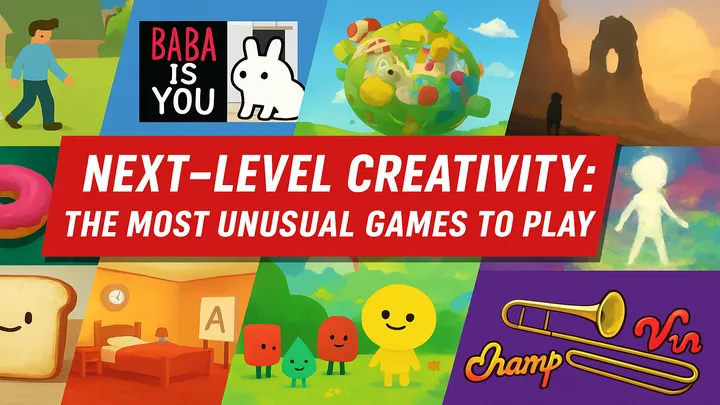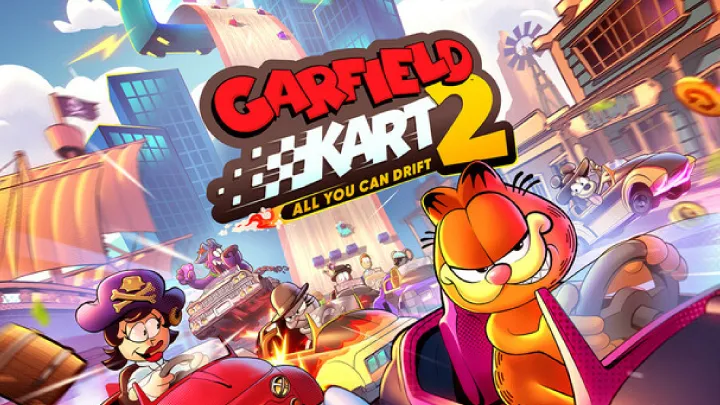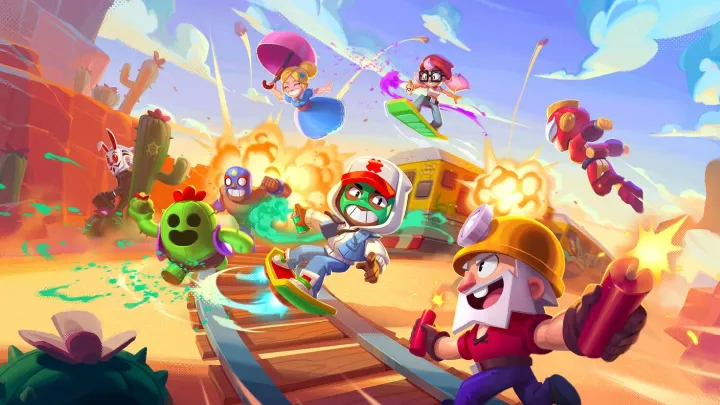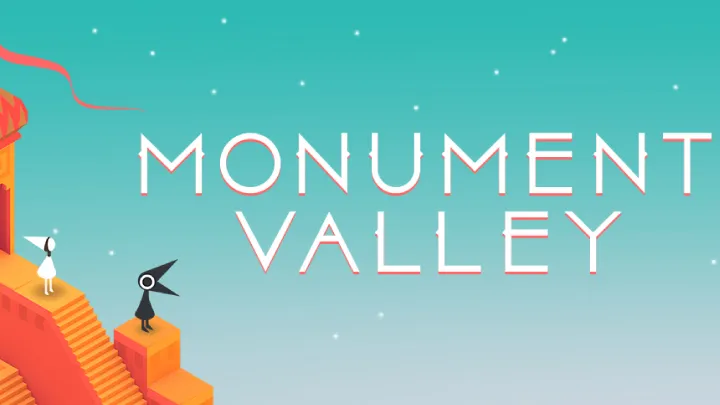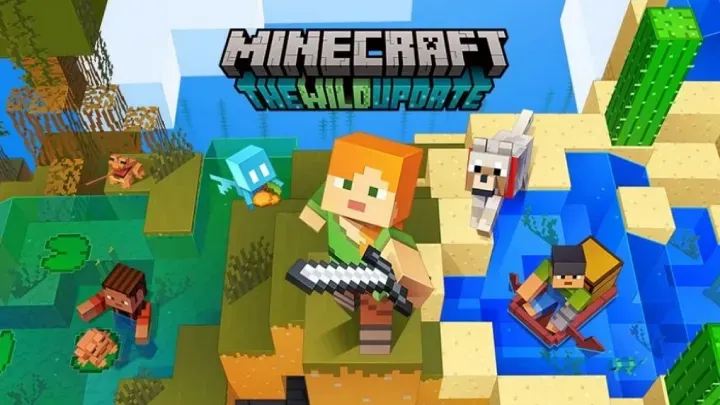Introduction
Video games are more than just entertainment—they can be a powerful medium for connection and conversation. While some games focus on action and competition, others encourage reflection, collaboration, and dialogue. These titles are perfect for friends, partners, or even families who want to bond over more than just gameplay. Let’s explore the top games that spark meaningful conversations.
1. Life is Strange
A narrative-driven adventure where choices carry emotional weight. Its themes of friendship, loss, and morality often lead players to discuss tough life decisions.
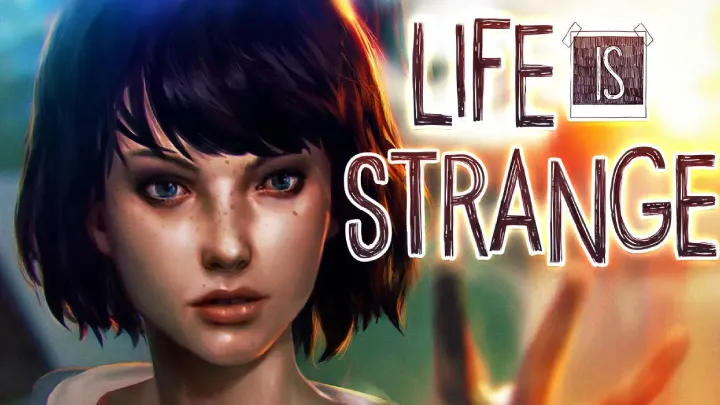
Why it works:
- Deep emotional storytelling
- Choices that encourage moral debates
- Relatable characters and real-world issues
2. Detroit: Become Human
This interactive drama dives into AI, humanity, and freedom. Each decision shapes the future, prompting thoughtful conversations about ethics, identity, and society.
Why it works:
- Multiple endings encourage replay and discussion
- Tackles real social issues like discrimination and freedom
- Perfect for playing with a partner or group

3. Journey
A minimalist yet profound adventure, Journey inspires conversations about life, connection, and the meaning of companionship—even without words.
Why it works:
- Unique, wordless storytelling
- Emotional impact that invites personal interpretation
- Co-op experience with strangers adds surprise depth
4. That Dragon, Cancer
An autobiographical game about a family’s struggle with illness. It creates a space for discussing grief, love, and resilience.
Why it works:
- Based on a true, heartfelt story
- Encourages empathy and vulnerability
- Leads to discussions rarely had in everyday gaming
5. Firewatch
Set in the Wyoming wilderness, you play as a fire lookout forming a bond with a distant colleague through radio conversations. It’s intimate, personal, and reflective.
Why it works:
- Strong character-driven narrative
- Themes of loneliness, trust, and self-discovery
- Great for reflecting on communication in relationships
6. Undertale
This quirky RPG challenges traditional gaming morality, making players question choices of violence, mercy, and kindness.
Why it works:
- Moral consequences tied to gameplay
- Encourages discussion on empathy and forgiveness
- Resonates differently for each player
7. Tell Me Why
From the creators of Life is Strange, this game explores identity, family secrets, and acceptance. It opens doors to conversations around LGBTQ+ experiences and understanding.
Why it works:
- Inclusive storytelling
- Tackles sensitive, real-life issues
- Engages players in dialogue about representation
8. The Last of Us Part II
A gripping survival drama that pushes players to reflect on revenge, forgiveness, and morality in complex situations.
Why it works:
- Emotionally charged narrative
- Characters with flawed but human decisions
- Sparks passionate debates on justice and empathy
9. Papers, Please
This indie game casts you as an immigration officer forced to make moral decisions. It often leads to thoughtful discussions about authority, survival, and human rights.
Why it works:
- Morally complex gameplay
- Relatable to real-world dilemmas
- Shows how small choices affect lives
10. Oxenfree
A supernatural mystery that focuses on dialogue, relationships, and choices. It often encourages players to discuss how they’d handle similar strange events with friends.
Why it works:
- Branching conversations create different outcomes
- Relatable teen dynamics and conflicts
- Great for group discussions after playing
Conclusion
Games don’t just provide thrills—they can open up new perspectives and meaningful conversations. Whether you’re debating morality, reflecting on life, or sharing emotional experiences, these games show how interactive storytelling can bring people closer together.








